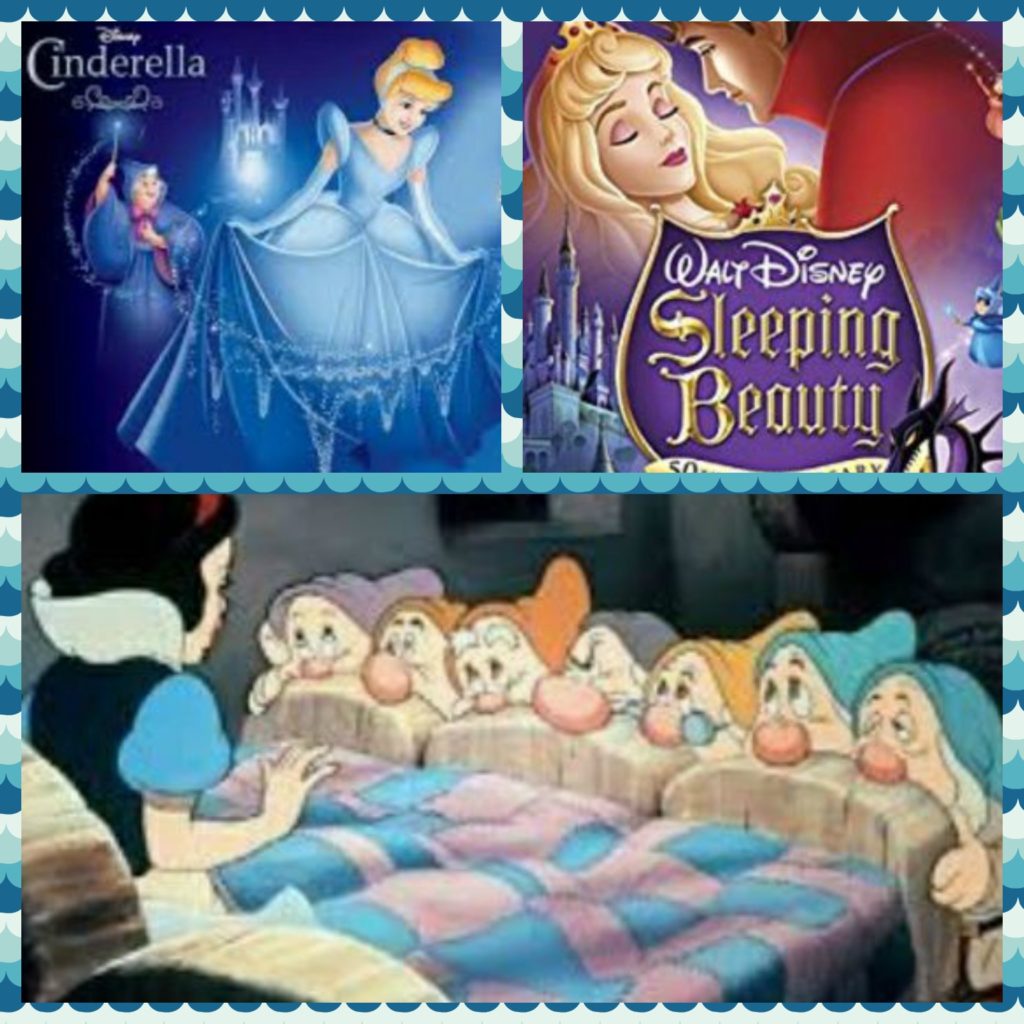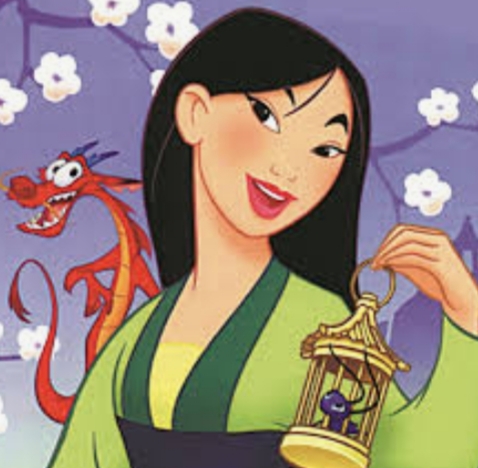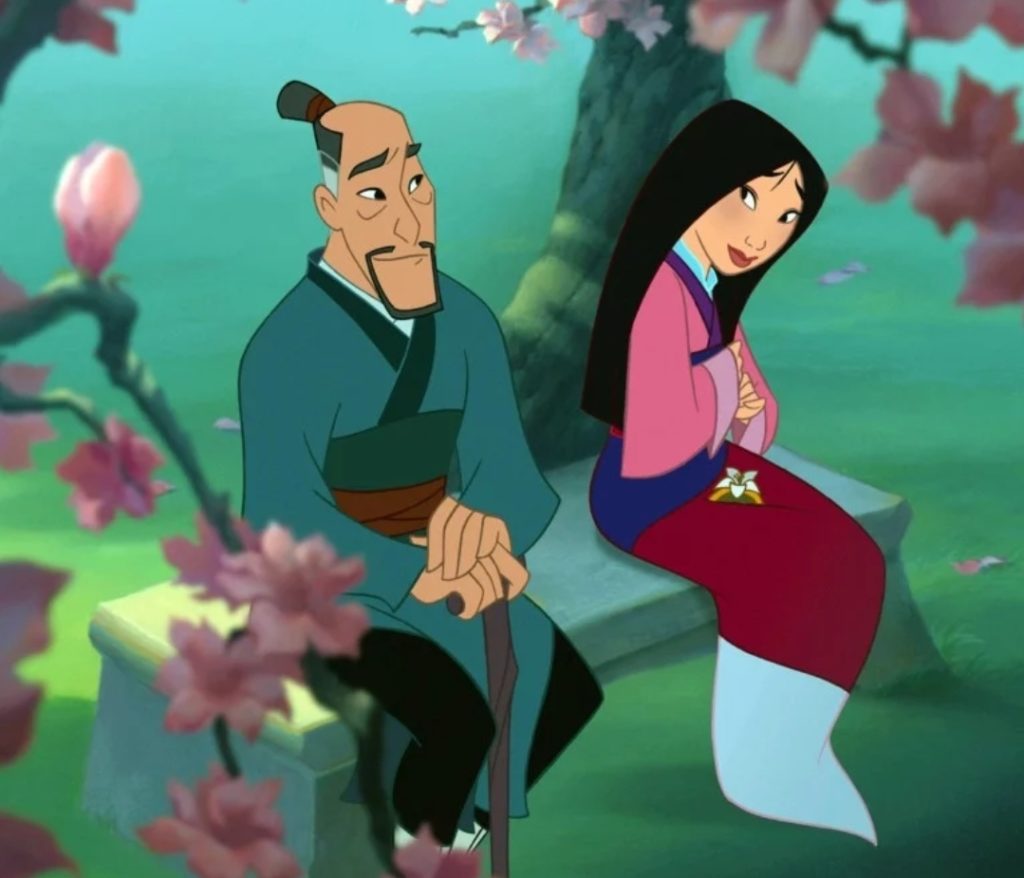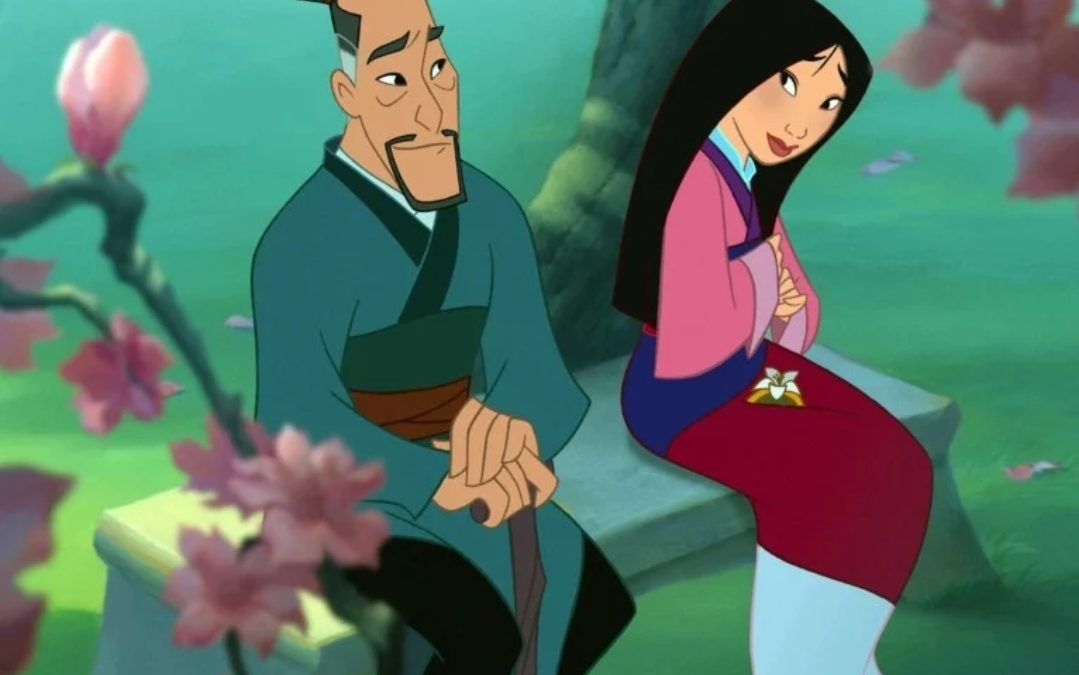Can you find Christian Parallels in Non-Christian movies? Not just a non-Christian movie, but one that is set in a non-Christian community?
I want to take a minute to connect the dots on my thoughts pertaining to the Christian Parallel posts. Originally the idea came to me while watching the remake of Aladdin. I was blown away by how obviously stated some of these themes were. This made me wonder, how many other movies are just like this? As I was running through this idea with my husband, I said out loud, “Well, I bet all movies have some Christian parallel. They all teach some sort of lesson or moral, and God is our moral law giver…”
Thus, began this section of the blog. However, it was not very well received. These posts were fun to research and write about, but my audience seemed uninterested in them.
So, I let them rest. But then the idea of doing a post on Alice in Wonderland ran through my head. So, I watched the movie with my kids. While this movie did have some parallels, I also knew the writer struggled with Borderline Personality Disorder and wrote to make sense out of his chaotic upbringing. Sadly, those themes were louder to me than the Christian themes, so I put the idea to rest.
But then, in my Apologetics class, I read that all fairy tales are a form of literary apologetics as they echoes the themes of the Gospel- a beautiful creation, disrupted by an evil character, a young princess falls into a trap, the prince comes to rescue her, and then they live happily ever after.

Sleeping Beauty, Snow White, and Cinderella were first on my list. (I plan to make it through most of the princesses.) I had fun with these! Disney Plus has been an amazing tool on this journey! I quickly learned, I knew these stories, but I hadn’t seen many of these movies or at least hadn’t seen them in 20+ years. Watching these fairy tales specifically looking for Christian themes was pretty neat!
After watching Cinderella, I seriously wondered if the authors meant for the Christian messages to be so bold. So, I took that as a challenge. What if I knew the history of the movie was not Christian based? Do fairy tales and legends still share the gospel if the authors were not Christian. Thus, the idea of writing about Mulan came to me. But first, let me give you my background with the movie.

As many of you know, my heart is in China for three hours every morning as I teach ESL online! I am so blessed to be learning so much about this culture. In case you didn’t already know, China is not a Christian country… AT ALL. They have a very rich history that dates back thousands of years. Beautiful artwork, calligraphy, delicious foods, and amazing festival celebrations. However, most of their traditions are deeply rooted and based on luck.
When Mulan came out in 1998, I was too cool for Disney. But as the hype over the live-action Mulan surfaced, I got a message from VIPKID asking if I knew that Mulan was a real Chinese Legend? So of course, I had to watch it. Immediately I started wondering, which Dynasty is this supposed to be in? So, I did a little research and learned that the Disney version is not historically accurate. There are two possible Dynasties it could have occurred during, both of which the Great Wall would not have been built yet. Nonetheless, I thoroughly enjoyed the movie and appreciated how well they tried to portray Chinese culture. I also read that it received quite a bit of criticism from China because of how far it swayed from the original Ballad of Mulan.
So, with all this in mind, I began my quest to see if Chinese legend told by Disney shared Christian parallels.
One thing is clear, the message streaming through the beginning is one must bring honor to their family. However, our main character, Mulan, is not a cookie cutter Chinese woman. She is creative and clumsy.
In the beginning of the movie, Mulan is supposed to meet the Matchmaker. She’s late, but they still doll her up. Though she seems to be playing the part as best as she can, mishap occurs and the Matchmaker is set on fire with ink all over her face and tea being thrown at her.
She tells Mulan that she may look like a bride, but she will never bring her family honor.
Mulan is heartbroken. Not because she actually wanted this, but because she must tell her father. Her love and respect for her father is obvious.

Knowing she brought her father disgrace, she looks to him with sad eyes. But he brings attention to the Cherry Blossoms. He notes that one hasn’t bloomed yet. But when it does, it will be the most beautiful of them all. A clear analogy that dad still loves you and knows you need more time.
Immediately the gong sounds. Mulan’s father, a war veteran, recognizes that sound and reports. Though he can barely walk, he accepts the responsibility of joining the Imperial Army stating that it is an honor to serve his emperor and his country.
Now the plot of this movie, Mulan takes his order and gear to take his place on the battlefield.
But I want to get back to her father. Once she saves China, the emperor gives her his seal and the sword of the enemy. She brings it home to offer to him worried that she has not brought him honor.
But her father puts both gifts off to the side and embraces his daughter. She is the gift he desired, and he was glad to have her home. And that cherry blossom flower falls from the tree.
While I know this was designed to show family, I see a parallel to our relationship with God. Mulan’s father loves her for her. From the beginning. But she is so busy trying to be who everyone else says she is supposed to be that she is consumed with bringing him honor. When she does bring the family honor and shows the representation of that honor, the father only cared about her. I have a feeling he would have embraced her like that no matter when she would have returned home.
God is our good Father. Oh yes, He would love for you to bring him glory, but He deeply cares that you are His! He doesn’t want you chasing who the world says you are. He wants you to embrace the fact that you are His!
Another huge theme running through this movie is identity. “When will my reflection show who I am inside?” Mulan is struggling to find her purpose in life, her meaning. She admits that is part of the reason she took on the role as a man in the army. She was hoping it would give her direction and purpose.
These are questions we all have. Some seek their entire lives and never find it. The answer cannot be found in status, romantic relationships, job description, or anything like that. You were designed with a purpose on purpose by a loving Father. That longing Mulan is struggling with is only temporarily filled by being a war hero. Then life goes on. And she will be searching again. But chasing after the world is like chasing after the wind, it’s meaningless. Meaning comes from a relationship with God. Now, you will not find that in this movie, it is not a Christian movie, but I wish you did.
So, are Christian parallels in non-Christian movies? Yes. Just because one doesn’t believe does not mean they are not God’s creation created with that longing for Heaven. We all have needs. We all seek purpose, identity, love, security. We all seek to fulfill that longing. But there is only one thing that can satisfy that- God.
There is an apologetic approach called existentialism. It basically says we are justified in having faith because it meets a need. Some of those needs include cosmic security, beyond the grave, Heaven, goodness, a larger life, to be loved, meaning, to be forgiven, to love, and awe. (These are listed out of the book Clifford Williams book, “Existential Reasons for Belief in God.”) While this argument is great in justifying your belief, it is not really a stand-alone argument. You need reason/evidence to really reach a skeptic. However, I don’t really believe anyone reading this blog is a true skeptic.
I tell you this simply to state, you are justified in having your faith and seeing those themes running throughout movies because you have a real need to be loved by a Heavenly Father. Your purpose in life is found in your identity in Christ.
